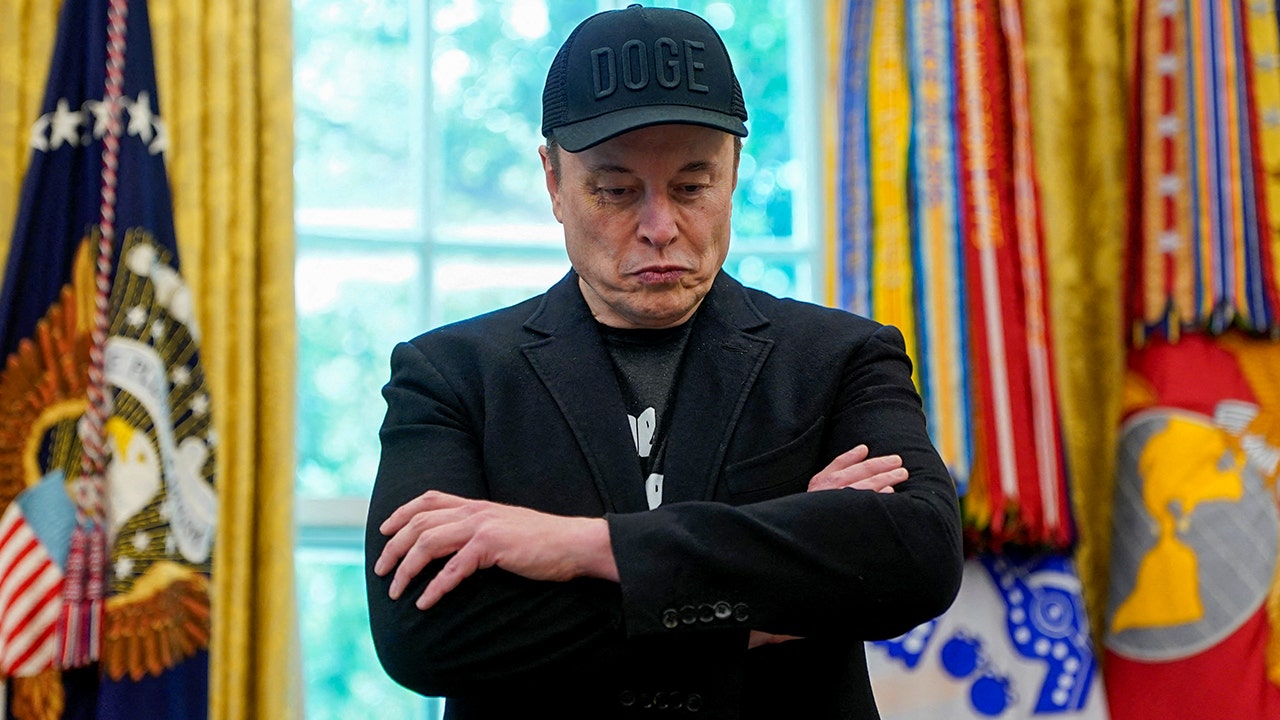The Unraveling of Elon Musk’s Political Aspirations: The Rise and Pause of the America Party
In a world where political landscapes shift as rapidly as technology, Elon Musk’s political journey has intrigued many. Less than three months since its ambitious launch, Musk’s "America Party" appears to have hit a standstill, raising questions about his future political intentions and influence.
The Initial Spark: Musk’s Political Ambition
Elon Musk is no stranger to making headlines, whether through pioneering electric vehicles or ventilating ideas about Mars colonization. His foray into politics began with a bold claim of forming a new party aimed at representing the "80% in the middle." This initial excitement gained traction when he posed a poll on social media, calling for the creation of a party that could break away from the traditional two-party system prevalent in U.S. politics.
With an overwhelming response in favor—80.4% of respondents initially voted "yes"—Musk’s vision seemed poised for success. Proponents saw it as a necessary shift in the political sphere, craving an alternative to what many perceived as entrenched party lines.
A Pause for Reflection: Reasons Behind the Shelving
Despite the initial enthusiasm, reports have surfaced indicating that Musk has decided to hold off on the America Party. According to sources familiar with his deliberations, Musk has expressed concerns about the potential ramifications of forming a new political party, particularly its impact on his relationships with established political figures, including Vice President JD Vance.
Musk’s desire to focus on his business ventures and avoid splitting votes in the Republican Party may also play a significant role in this decision. His allegiance to the GOP, especially under the current administration, seems to weigh heavily on his political aspirations.
Tensions with Trump: A Complicated Relationship
Musk’s relationship with former President Donald Trump adds another layer of complexity to his political ambitions. After his tenure with the Trump administration concluded in May 2025, the two began exchanging barbs, particularly surrounding legislative issues. Musk publicly criticized a Congressional spending bill championed by Trump—an act that marked a notable pivot in their relationship.
In response, Trump didn’t hold back, labeling Musk’s political ambitions as "ridiculous" and highlighting the challenges third parties face in the U.S. political landscape. Their exchanges, rife with tension, brought a visible fracture to what once appeared to be a collaborative relationship.
A Potential Reawakening: Future Possibilities
Although the America Party may be currently shelved, allies of Musk indicate that he hasn’t entirely closed the door on political aspirations. With the 2026 midterms on the horizon, there remains a possibility that he could revisit the idea, particularly if strategic alignments emerge.
Meanwhile, Musk’s future statements will likely continue to be scrutinized. His polls and discussions around political reform show that he still has a vested interest in the political conversation, even if the formal establishment of a new party is on hold.
The Bid for Influence: Musk’s Broader Political Maneuvering
While the America Party remains dormant, Musk’s maneuvering within the Republican Party and his focus on maintaining ties with influential political figures are telling. Despite the conflicts and criticisms that have surfaced, Musk appears to be threading the needle, aiming to build a network that could be advantageous for him in years to come.
In late July, Trump shifted the tone of their exchanges by publicly wishing Musk’s business ventures well, indicating that there may be room for reconciliation and cooperation moving forward. This unexpected gesture suggests that while personal ideologies may clash, political alliances can still be mended.
The Quest for a New Political Narrative
As the country experiences a surge of frustration with conventional party structures, Musk’s attempts to introduce a different narrative resonate with a significant portion of the electorate. His innovative approach could appeal to those disillusioned by the status quo, not just supporters of the Republican Party but a wider audience seeking genuine alternatives.
This narrative poses an interesting conundrum for American politics: can a third party truly thrive, or is it destined to become another fleeting idea in a polarized political climate? Musk’s experience may influence this debate significantly as he navigates the complexities of aligning his business interests with his political conceptions.
In this frenetic landscape, the future of Musk’s potential political endeavors remains uncertain. Still, his influence and ideas will undoubtedly continue lighting up the conversation in both tech and politics. The dynamic interplay of these elements reinforces the complexities of modern governance and civic engagement.



